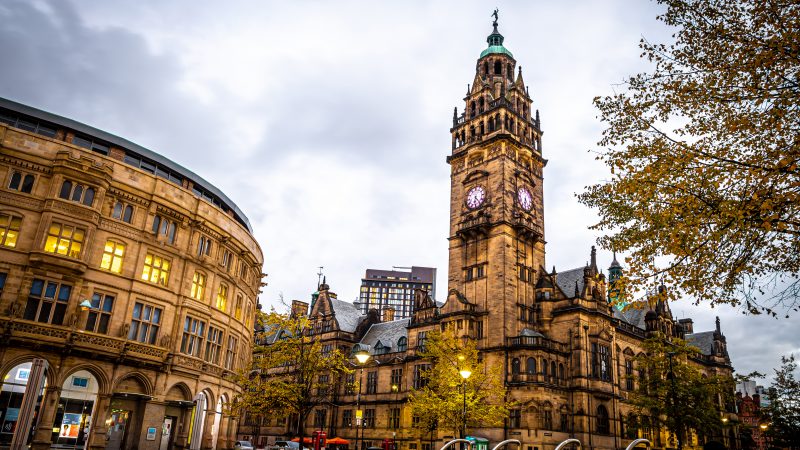
With just over a year to go until a general election, commentators will be looking to make political predictions based on the results of today’s local elections. But these local elections are important in their own right.
With more than 8,000 council seats up for grabs across England, many will be quick to judge the political mood of the so-called ‘Red Wall’ in post-industrial towns in the north and Midlands and the so-called ‘Blue Wall’ in suburban southern England, both of which are seen as key battlegrounds at the next general election.
Local issues matter
Voters today will have both the national and local in mind. Local context matters and hyper-local issues can dominate, such as the Sheffield tree-felling programme that ultimately led to a change in council leadership in 2021. Specific local concerns and grievances and unique local political dynamics that may go overlooked by national observers will play a key role in determining many individual results.
The critical work that councils do in delivering local public services will also be front of voters’ minds, particularly in the context of a continuing cost-of-living crisis that makes availability of local services even more important. From social care to education (where it remains in their control) to leisure facilities, councils play a key role in services that make a huge difference to people’s day-to-day lives. When we speak with communities across the country, the quality of local services is often one of the local tests people reflect on when thinking how well their place is doing, as well as their assessment of their high street.
Most councils continue to perform heroically in difficult circumstances, in the context of austerity and now soaring inflation, and continue to have to make difficult decisions about public spending. Voters will assess which of their local candidates they think can deliver the kinds of services they want and need in their communities.
Effective political representation at the local level is critical to a healthy democracy. Councillors as well as mayors are rooted in their local areas and understand their places. This makes them more likely to be responsive and accountable to the local electorate. IPPR North analysis suggests that local leaders are highly aligned with the issues that matter to voters. To only view today’s election results through the prism of Westminster politics would be to ignore the importance of local issues and the rich and diverse local contexts that exist across the country. Yet while local government plays an essential role in our politics, it remains undervalued and under-resourced.
Empower local government
Our Whitehall-knows-best approach to government means that the local knowledge, expertise and innovative capacity of our local leaders continues to go overlooked or under-utilised. Similarly, public spending is concentrated in the hands of central government. Many councils have been hit hard by the impacts of austerity, yet they have little ability to raise resources themselves. For example, four years ago, 95p in every £1 paid in tax was taken by Whitehall (compared to just 65p in Germany).
When local leaders are empowered, evidence suggests they make more progressive investment decisions that can improve economic growth, lead to better public services and help to reduce regional inequalities. Empowered local leadership can also strengthen democracy and play a part in forging a positive local identity. Local councils can play a key role in ‘levelling up’, even when they are becoming sceptical about whether it’s going to happen or not.
Devolution is now gladly a contested political space. Parties from across the political spectrum are asking what is next – in terms of powers to devolve next, flexibilities to offer between areas of control, fiscal levers that both local and regional government need to move ahead and the possibility of longer-term financial settlements so local politics can deliver differently from the knee-jerk politics often found at the centre of government. The thousands of councillors up for election today must know the time is now to move to the next frontier of devolution and see further powers passed from Whitehall to town halls.




More from LabourList
‘Labour won’t stop the far right by changing leaders — only by proving what the left can deliver’
‘Cutting Welsh university funding would be economic vandalism, not reform’
Sadiq Khan signals he will stand for a fourth term as London Mayor